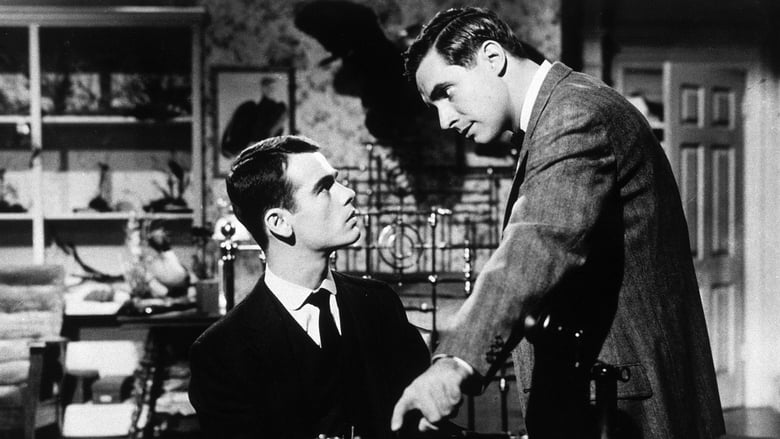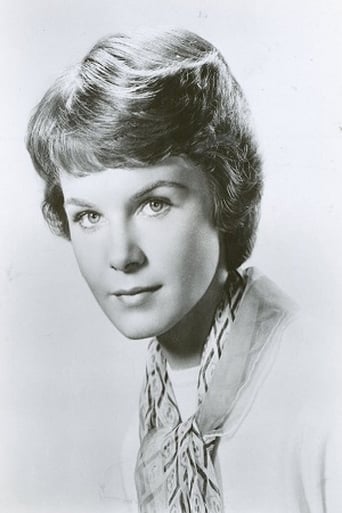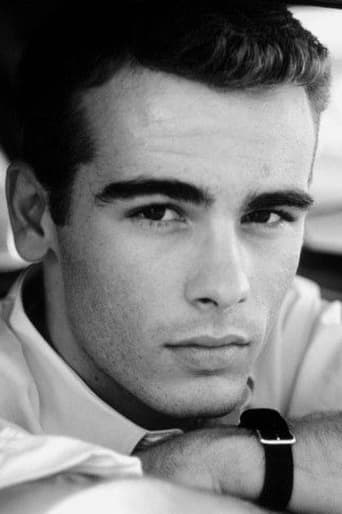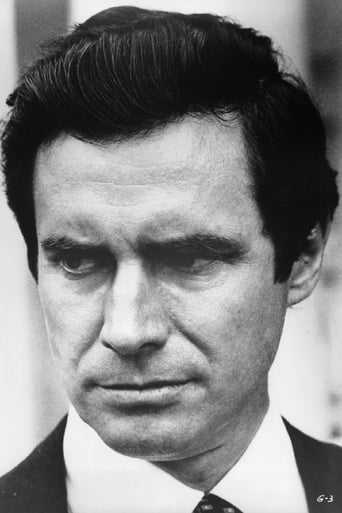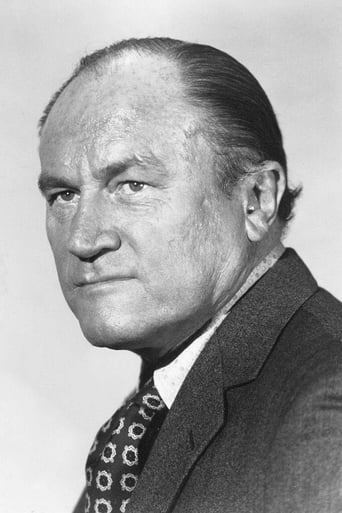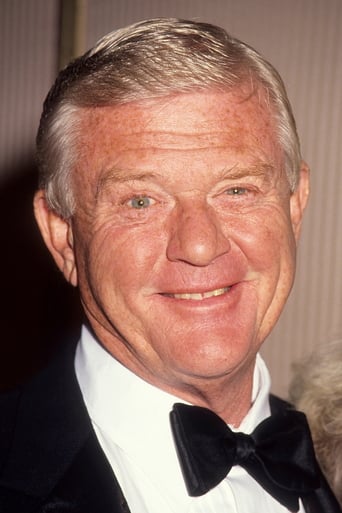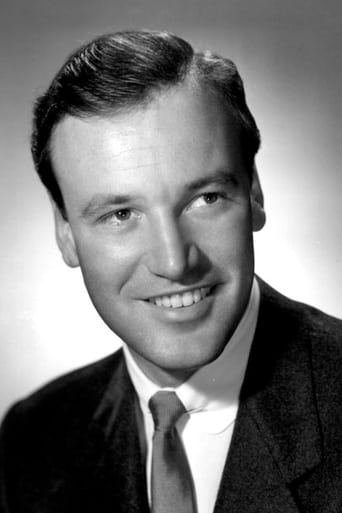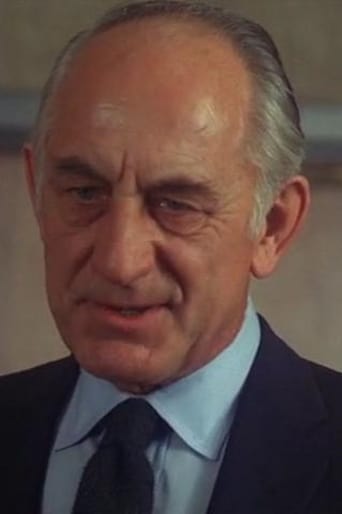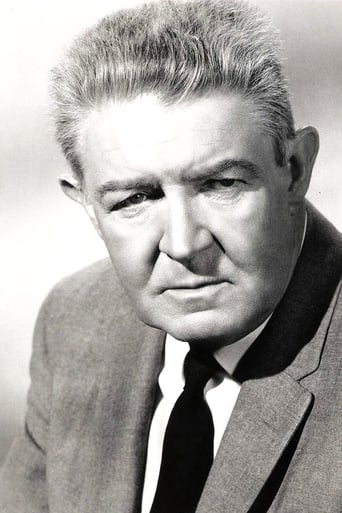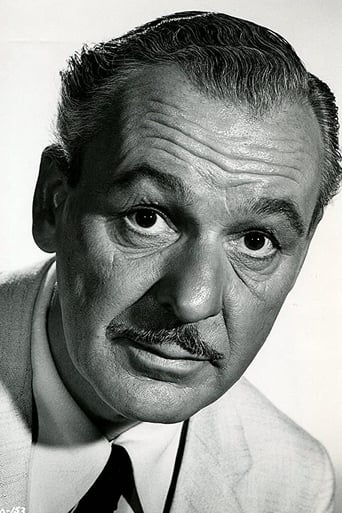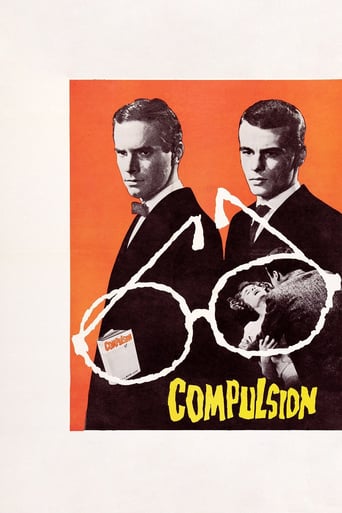
Compulsion
April. 01,1959Two close friends kidnap and murder a young boy and are defended in court by a renowned attorney who makes an impassioned plea against capital punishment.
Similar titles
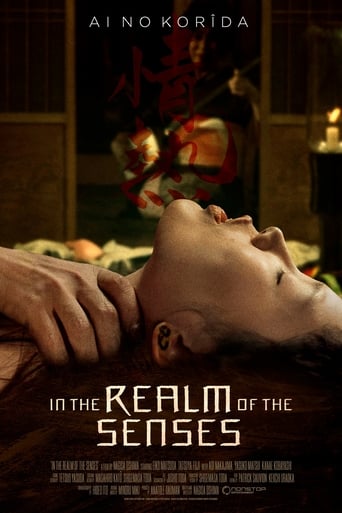
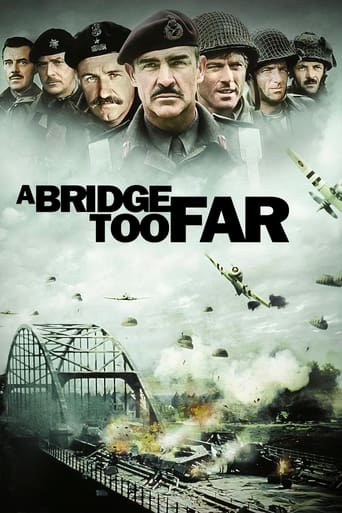

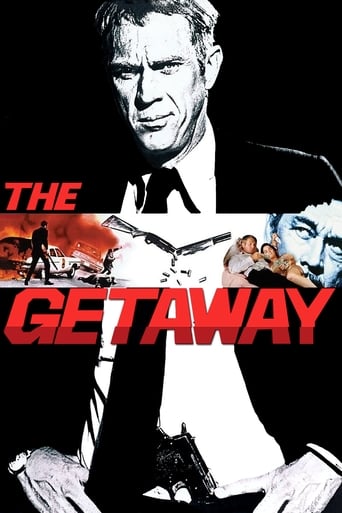
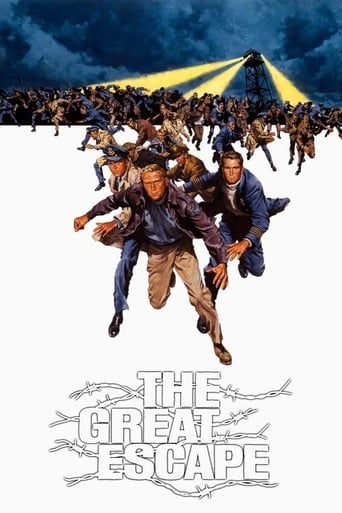
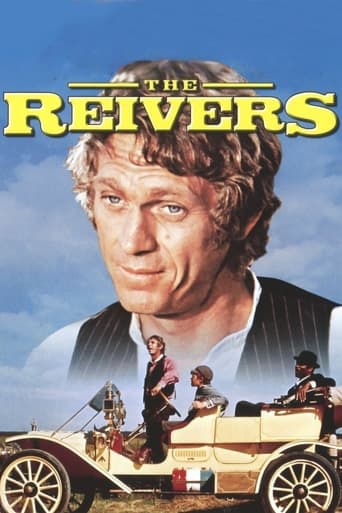
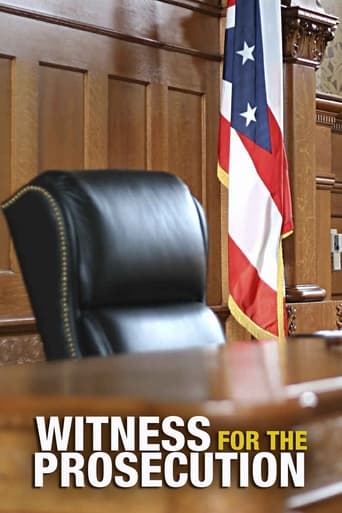
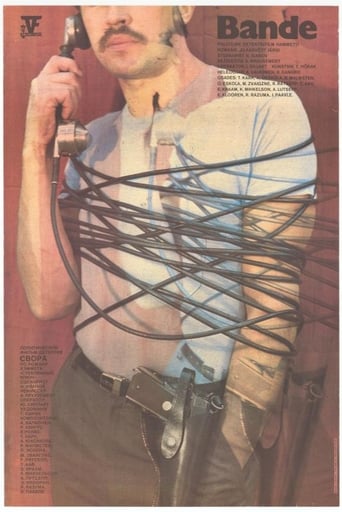

Reviews
Good movie but grossly overrated
Fresh and Exciting
Strong acting helps the film overcome an uncertain premise and create characters that hold our attention absolutely.
Each character in this movie — down to the smallest one — is an individual rather than a type, prone to spontaneous changes of mood and sometimes amusing outbursts of pettiness or ill humor.
Compulsion is a film about a pair of intelligent guys who believe that because they have a higher mental capacity, that it puts them above morals and most of all, the law. Because of this, they murder a young boy on his way home from school and then aid in the investigation. The cinematographer did a great job, a lot of interesting shots, particularly on the key piece of evidence that kept you in the story. They did some nice tricks with the editing as well that made the passage of time trackable and easy rather than disorienting. Overall a great Welles film.
Compulsion is directed by Richard Fleischer and adapted to screenplay by Richard Murphy from the novel written by Meyer Levin. It stars Dean Stockwell, Bradford Dillman, Orson Welles and Diane Varsi. Music is by Lionel Newman and cinematography by William C. Mellor.Based upon the real life Leopold and Loeb murder trial of the 1920s, Compulsion finds Artie Strauss (Dillman) and Judd Steiner (Stockwell) as two well to do young men attempting to commit the perfect crime - murder! But it wasn't so perfect after all and they soon find themselves on trial for their own lives. Enter famed attorney Jonathan Wilk (Welles), who fights to keep them from the death penalty.Healthily rated in some quarters, it's a film that actually does divide opinions, which when all is considered is unsurprising given the capital punishment core of the story. The story builds superbly, brilliantly photographed and paced by cinematographer and director, and performed with imposing skills by Dillman and Stockwell. Then the crux of the film arrives in the form of Welles, who late in the play has the unenviable job of turning the piece into a soapbox anti capital punishment advertisement. It's also a performance from Welles that has drawn major pros and cons in critical circles. Whatever your thoughts on capital punishment, Welles makes a telling acting mark. The sound mix could have been fine tuned, as Welles is prone to mumble during his speeches, but it remains gripping on court room drama terms, even if there's a little deflation - a feeling of anti-climax - after the build up had been so good. Not really capturing the notoriety of the real case, it's nonetheless a compelling piece and well worth seeking out. 7/10
This movie, Compulsion, is for the over 30 crowd. Dean Stockwell and Bradford Dillman play very unlovable characters and do it very well. Of course, Orson Welles, who is always great, he too, plays his character well. This movie is not for a relaxed evening of movie watching. This movie leaves one and gives one a very disturbed feeling. Compulsion evoked a great deal of negative emotion from me. However, I think that was the point of the movie to evoke strong emotion from the viewer. So in that point, it succeeds. Orson wells does a masterful job in the courtroom. There is no need to bother with popcorn in this movie since you can't eat much of it anyways watching this move. I give Compulsion four thumbs up. I am just glad that the movie is over.
No need to recap the plot.From what I've read, it looks like the screenplay sticks pretty closely to the real facts of the investigation. There's the eyeglasses tip-off, the phony alibi with the two girls, the car they couldn't have used, et al. At first, I thought these were just Perry Mason- type script gimmicks, but they're not. For a couple of super intellects, Steiner and Straus (Loeb & Leopold) committed one heckuva clumsy murder.Perhaps the movie's most interesting feature is how the 1959 production flirts with some of the more forbidden aspects of the real life Loeb and Leopold. In '59 the notorious Hollywood Production Code was losing its grip on the studios. Perhaps the most vivid example is that year's Anatomy of a Murder. There such otherwise taboo words as 'panties' and 'sperm' made their first screen appearance, shocking some audiences, but adding a new adult level to the screen. Then too, shouldn't forget Hitchcock's Psycho, also produced in '59, and the first appearance of, oh my gosh, a real live toilet.Whatever the envelope-pushing in some parts of Hollywood, there's little of it here, and that hesitation works to the movie's detriment. Just what is the nature of the unusual bond between these two privileged, self-appointed supermen. At times, the script hints at something more than just shared Nietschean hubris, but dares not get more explicit about Leopold and Loeb's real life homosexual attachment. Note how the script plays around with a black book full of girls' names in Straus's (Dillman) case and whether Steiner (Stockwell) knows any girls at all. Now, as others have pointed out, this appears a crime that neither would have committed without the other. In short, their attachment and at times co-dependency is rooted in more than just shared intellect. It's also a kind of 'insane love' or what the French call 'amour fou'. This time rooted in a homosexual context. Had the screenplay dealt honestly with this key aspect of the case, their motivations would have been much clearer than what we're presented with.That aspect also sheds light on one of the film's most dramatic scenes. It's the one where a confused Straus begins an assault on the sympathetic Ruth (Varsi), but can't go through with the act. Now, one would suppose that it's not moral compunction that holds him back. After all, he and Steiner believe themselves above common morality. However, if we interpret Straus's confusion as sexual in nature, then his inability to complete the act becomes clearer. As things stand, his withdrawal back into himself comes across as muddled innuendo that we're left to figure out. To me, turning this key element into scattered hints instead of dealing candidly with their homosexuality, not only reflects taboos of the time but muddies the film as a whole.The movie itself is certainly well acted. For a production that depends more on talk than action, this is a key factor. The one concession in the casting department, it appears, is Milner and Varsi as the attractive youngsters, a move I suspect that was made for commercial reasons since there's no counterpart in the real case itself, that is, from what I've read. I'm glad Welles low-keys it as the defense attorney, who in real life was the notable Clarence Darrow. Had Welles blustered, his lengthy courtroom appeal would have been hard to endure. According to one account I read, Loeb and Leopold were very unimpressed with Darrow on first meeting, what with his disheveled appearance, he looked anything but the ace attorney he was. Later, of course, they came to appreciate his skills. As Darrow, Welles, of course, repeats this sloppy appearance.My one complaint is with a typical Hollywood pander. Now, for better or worse, Darrow was an outspoken atheist. But commercial Hollywood couldn't leave him at that, turning him in the movie's final moments into a fence-sitting agnostic instead. I guess they figured that would go down better with the audience. Also, it was not actually Darrow who said that dropping the incriminating eyeglasses could have been the work of God. It was the prosecuting attorney. But then, old Hollywood was never big on historical fact.My sense is that despite the powerhouse cast, the movie has drifted into semi-obscurity mainly as a reflection of its time. Were it made again today, now that the lid is off, who knows what the results might be.
Top Streaming Movies











